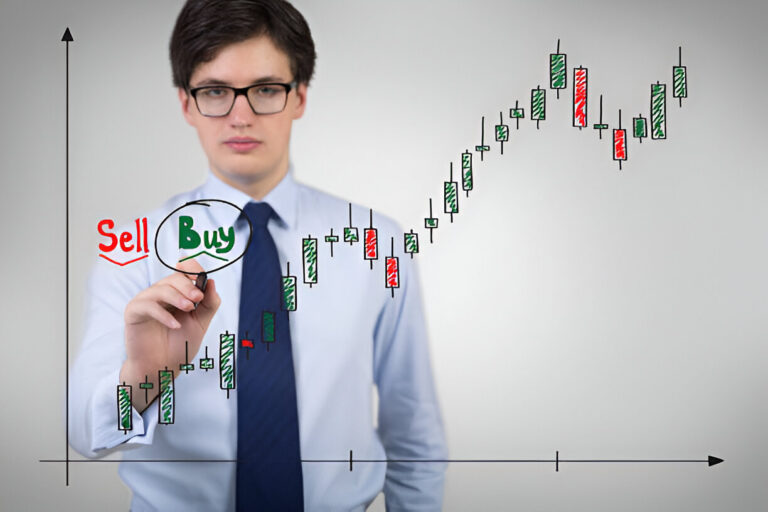Do income levels influence trading behavior in the Futures and Options (F&O) market? Are higher-income traders more successful in this segment? Let’s explore how individuals with an annual income of INR 5 lakhs and above engage with F&O trading.
Appeal of F&O Trading for High-Income Traders
Why do high-income traders gravitate towards F&O trading? The attraction stems from the possibility of high returns. Future option trading offers opportunities to leverage capital, making it attractive for those with substantial disposable income. Higher-income traders often have more resources to invest and are willing to take calculated risks.
Leverage: With F&O trading, traders can control a large position with less capital, boosting potential gains. However, it also increases risk, so careful management is crucial.
Hedging:Wealthy traders use F&O contracts to protect their investments from volatility. They lock in prices to reduce potential losses, helping keep their portfolios stable in uncertain markets.
Diverse Opportunities: The F&O segment lets traders participate in various markets, from equities to commodities. This spreads risk across different assets and allows traders to tap into multiple market trends, boosting potential returns.
Risk Appetite: A Key Factor
Wealthy investors tend to have a higher risk tolerance. They can invest more in high-risk areas like F&O trading. This feature allows them to pursue speculative strategies that lower-income investors might avoid. With more disposable income, they can better handle losses, making them more confident in risky trades. This willingness to take risks often leads to larger potential rewards. However, it demands careful management to prevent substantial setbacks.
Trading Patterns Among High-Income Traders
High-income traders approach future option trading with a systematic and informed strategy. They have access to premium research, advanced tools, and professional advisors. This allows them to make calculated decisions. Their trading patterns often include frequent trades, focusing on short-term market movements, and diversifying positions across different asset classes to spread risk and boost returns.
The Impact of Market Knowledge
Does market knowledge differ among high-income traders in F&O? It’s crucial to their success. Wealthy investors spend time understanding market trends and technical analysis. They are also more aware of global economic factors that may impact their trades.
In-Depth Research: Wealthy investors conduct thorough research before making trades. They analyse market trends and economic data closely. This feature helps them predict market movements better.
Technical Analysis: Many use charts and technical indicators to guide decisions. They focus on patterns and signals for timing trades. This approach helps them pinpoint entry and exit points more accurately.
Global Awareness: These investors understand how international events affect local markets. They stay informed on global news and economic changes. This helps them quickly adjust strategies to respond to global market shifts.
Financial Goals and F&O Trading
Wealthy investors in the F&O market often set more aggressive financial goals. While many use future option trading to hedge and protect existing investments, others see it as a pathway to substantial wealth growth. Their focus is typically on significant portfolio expansion, leveraging F&O contracts to manage risk while also diversifying into various markets. This strategy helps them maximise returns while maintaining a balanced investment approach. As a result, they are better equipped to capitalise on market opportunities and withstand financial downturns.
Other traders can learn valuable lessons from high-income individuals in the future option trading market. Key takeaways include the importance of risk management, informed decisions, and continuous learning. Wealthy traders succeed by leveraging resources, conducting thorough research, and taking calculated risks. They understand market dynamics and set clear financial goals. By embracing these strategies, other investors can improve their likelihood of success in this complex market.

